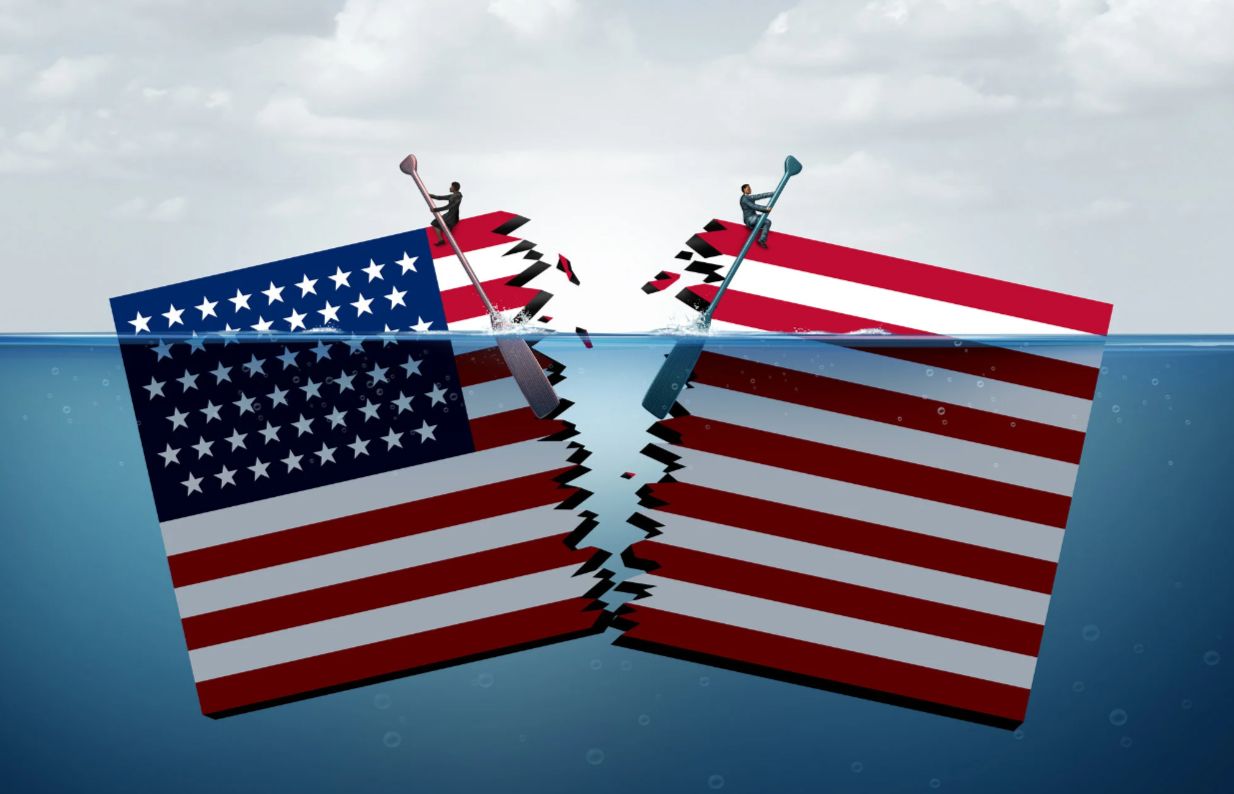(ThyBlackMan.com) Elections will always be the ultimate battlefield where the fight for social and cultural changes will be won or lost. Through elections, candidates will place their political and cultural mandates before the voters, and those mandates are either validated or rejected, allowing voters to choose candidates most aligned with their own political and cultural preferences. Future state legislation and laws result from the cultural mandates won on the election battlefield.

Not all political and cultural mandates are unbiased and free from hidden agendas. As a result, the fight on the election battlefield is not always fair. The misinformation and ulterior motives behind mandates are obvious to some voters but not all. Through a long series of voter suppression, anti-CRT, and now anti-DEI laws, we have seen evidence that the original mandates were often unjust and undeserved.
The anti-DEI effort remains a conservative backlash to the George Floyd and the Black Lives Matter movements. State lawmakers fully understand they have the legislative means to control how individual states respond to the history of institutional racism. They know they have the authority to establish and pass laws that will make it more difficult to expose components of institutional racism and then strategically dismantle them.
It is called a culture war for a reason. It is a long-term war with multiple battles, some won and some lost. As we go from one election battle to the next, each side’s response to the last victory or loss will determine the success or failure of the next fight. There will always be countermoves and adjustments needed from the previous election. So, as states continue to pass anti-DEI laws, what is the response from those who are the defenders of diversity, equality, and inclusion?
Mayor Randall Woodfin of Birmingham, Alabama, said last month on social media, “To the parents of minority athletes who are helping their children decide if they want to play sports at those institutions: Would you be cool with your child playing at schools where diversity among staff is actively discouraged? Although I’m the biggest Bama fan, I have no problem organizing Black parents and athletes to attend other institutions outside the state where diversity and inclusion are prioritized.
If supporting inclusion becomes illegal in this state, hell, you might as well stand in front of the school door like Governor [George] Wallace,” a famously staunch segregationist. Now that the state’s current governor, Kate Ivey, recently signed SB 129, Alabama joins states such as Texas, Utah, and Florida, which have banned DEI efforts in higher education. Public universities such as the University of Alabama and the University of Texas depend heavily on revenue generated from student-athletes, but the landscape of collegiate athletics has changed and continues to change.
The National Basketball Association (NBA) established the “one-and-done” rule, which prohibits players from signing with the NBA until they are 19 years old or one year removed from graduation from their high school class. Since the top NBA hopefuls spend a single season with their university before leaving for the NBA draft, will they be motivated to join the fight against anti-DEI since they are one-, maybe two-year, short-timers looking for their big payday on a professional level? College athletes are getting paid now. The NCAA implemented an interim policy on name, image, and likeness (NIL), allowing student-athletes to make up to six or seven figures from their personal brand through marketing and promotional endeavors.
University of Southern California basketball player Bronny James, the son of NBA star LeBron James, carries a NIL valuation of $5.8 million, according to the sports news and data site On3. The same site has Colorado quarterback Shedeur Sanders, son of Deion Sanders, projected to have a $4.8 million NIL valuation. NIL rules can be complex.
They vary from state to state. States may or may not have regulations. Additionally, colleges and universities often have their own unique rules for NIL. In December 2023, NCAA president Charlie Baker proposed a policy to allow Division I schools to pay athletes directly through NIL deals. If passed, it would be a massive shift to the landscape and business model of college athletics, experts say, giving schools more control and oversight over how NIL money is distributed.
These are the same universities Black student-athletes will be asked to target with an anti-DEI boycott. Money speaks loudly, and the schools in the “Power Five” conferences have lots of money to give. The University of Texas continues to be the premier university, with 10 athletes having NIL deals based on rankings from On3.
Other teams on the list are Alabama (seven athletes), LSU (six), USC, and Ohio State (five each). There will always be student-athletes with the conviction to support an anti-DEI boycott. Still, the battle will always be over choosing or rejecting lawmakers committed to fighting the culture war by passing unjust laws. When it comes to future elections, the strategy, focus, and passion driving the right wing must be matched and countered by those who the primary target cultural war legislation.
Written by David W. Marshall
Official website; https://davidwmarshallauthor.com/

















Leave a Reply